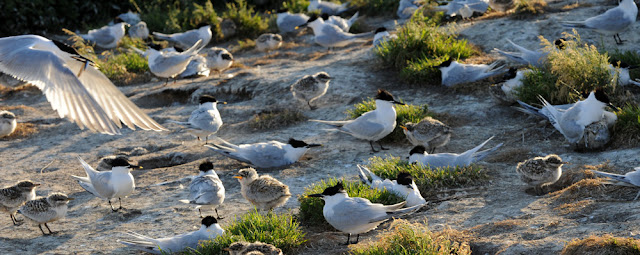Nordic Waders
Wood sandpiper
I am just returned from northern Norway where I was helping my brother, Skitts, with his long-term study of breeding waders. However, as in Scotland this spring, there have been almost incessant northerly winds there. This has led to a late thaw and emergence of plants and insects, and very few birds were breeding compared with the amount in years of more usual weather.
Wood sandpiper, which was caught and ringed
In one mire where there would normally have been twenty-forty pairs of wood sandpipers breeding there was only one pair with chicks. In some mires there were none. And it was similar story with spotted redshank and reeve. Red-necked phalaropes were particularly scarce, probably because they are surface feeders and as there were very few mosquitoes emerging they had no food supply.
Ringing a wood sandpiper chick.
Of the two main study species, jack snipe did not seem to be breeding at all, although several birds were seen displaying. And less than a quarter of the expected number of broad-billed sandpiper were breeding.
Adult, (1st year) broad-billed sandpiper caught and colour-ringed for identification in the field in subsequent years of study.
Unfortunately, a high proportion of clutches from the few that were laid were eaten by predators. This was probably mostly by hooded crows which were walking over the mies, in large flocks of twenty or more birds, feeding on emerging cranefly. They would have welcomed any eggs they came across in the process. We also saw several red foxes roaming the area, and they would have been likely predators too.




















